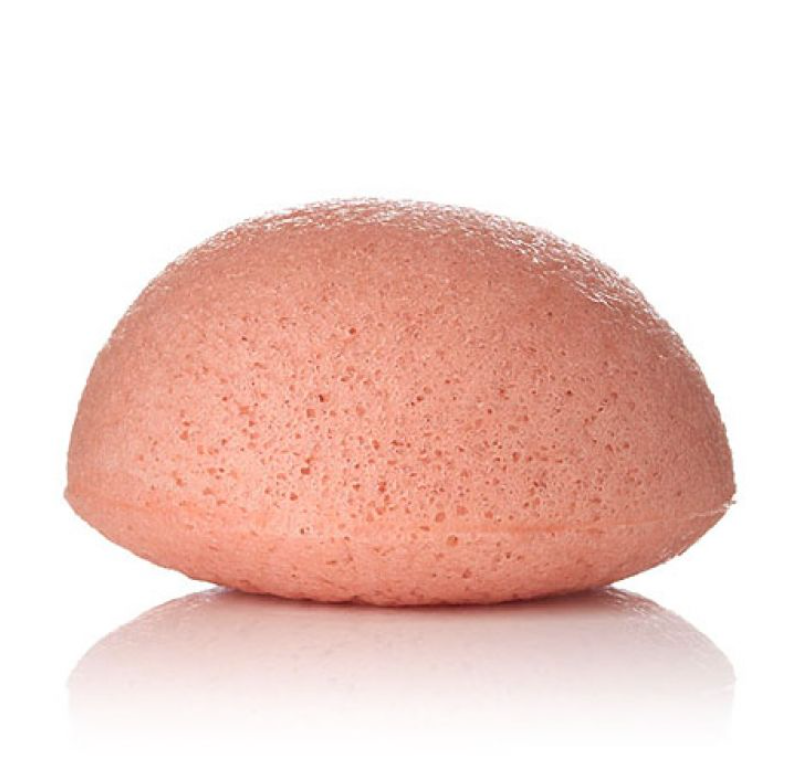Several essential oils are known for their potential decongestant properties and can be beneficial for relieving nasal congestion and promoting easier breathing. Here are some essential oils that are commonly used for decongestion:
-
Eucalyptus Oil:
- Eucalyptus oil is well-known for its ability to open up the airways and promote respiratory health. It contains a compound called cineole, which has mucolytic (mucus-thinning) properties.
-
Peppermint Oil:
- Peppermint oil contains menthol, which provides a cooling sensation and can help soothe nasal congestion. It may also have mild bronchodilator effects, helping to open up the airways.
-
Tea Tree Oil:
- Tea tree oil has antimicrobial properties and can help clear nasal passages. It is often used to alleviate symptoms of respiratory infections.
-
Lavender Oil:
- Lavender oil is known for its calming and soothing properties. While it may not directly relieve congestion, its relaxing effects can contribute to a sense of overall well-being, especially if congestion is affecting sleep.
-
Rosemary Oil:
- Rosemary oil has anti-inflammatory properties and may help relieve respiratory congestion. It is often used to support respiratory health.
-
Thyme Oil:
- Thyme oil has antibacterial and antiseptic properties. It may help in clearing respiratory congestion and supporting the respiratory system.
-
Cypress Oil:
- Cypress oil is believed to have decongestant properties and may be beneficial for respiratory conditions. It is often used to support healthy breathing.
-
Lemon Oil:
- Lemon oil is known for its uplifting and refreshing aroma. It may help clear nasal passages and provide relief from congestion.
-
Camphor Oil
Camphor oil is known for its decongestant properties and can be beneficial for respiratory issues such as congestion, coughs, and bronchitis. It is often used in inhalants, vapor rubs, or steam inhalation to help clear the airways.
When using essential oils for decongestion, it's important to do so safely:
-
Dilution: Essential oils are potent and should be diluted before applying to the skin. Mix a few drops with a carrier oil (such as jojoba or coconut oil) before applying.
-
Diffusion: Use a diffuser to disperse the essential oil into the air for inhalation.
-
Steam Inhalation: Choose a Shower Steamer with these essential oils to elevate your shower experience and add in medicinal benefits at the same time. Add a few drops of essential oil to a bowl of hot water and inhale the steam. Be cautious to avoid burns and keep your eyes closed during steam inhalation.
-
Topical Application: Apply diluted essential oils to the chest or back.
If you have any underlying health conditions, are pregnant, or are taking medications, it's advisable to consult with a healthcare professional before using essential oils for decongestion.




